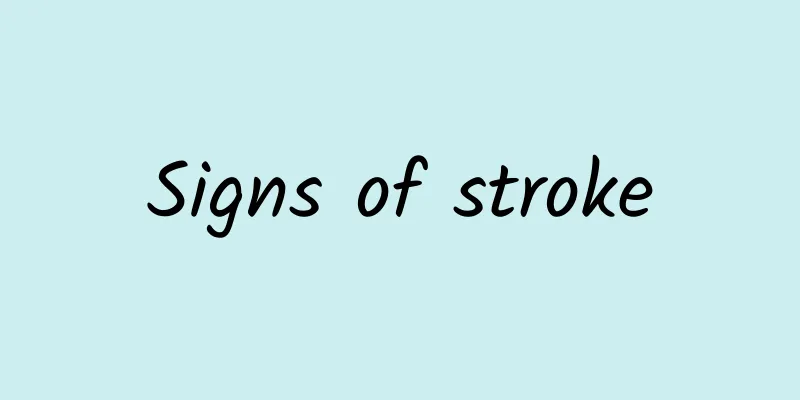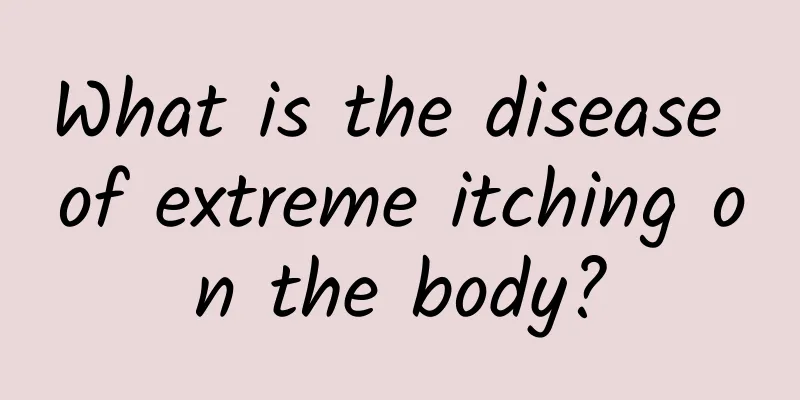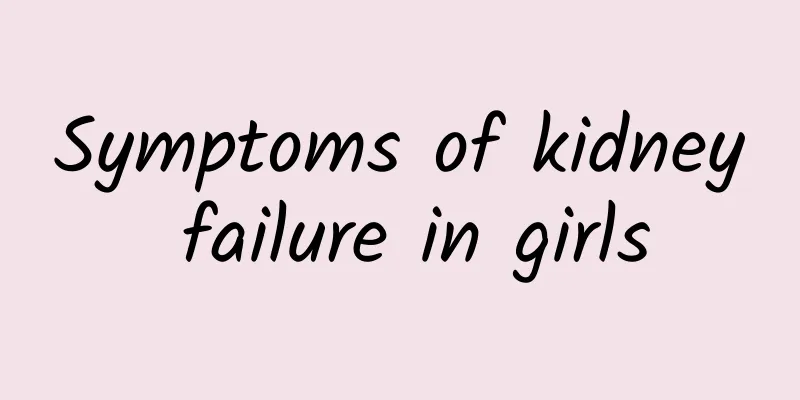High hemoglobin

|
Hemoglobin is a protein in our body, mainly found in vertebrates. Hemoglobin in the human body is mainly related to red blood cells. It mainly combines with oxygen and then transports oxygen and combines with carbon dioxide and carbon monoxide to transport oxygen. It is a common protein structure. The main physiological function of hemoglobin is to maintain a dynamic balance between the formation and decay of red blood cells, which is very important for life. Hemoglobin is a protein that is mainly responsible for carrying oxygen. There is a lot of hemoglobin in the human body. Its main function is to transport oxygen and provide the body with normal functions. Hemoglobin plays a very important role in transporting oxygen. At the same time, it can excrete toxins from the body. 1. Relative increase: Due to certain reasons, water in plasma is lost, the blood is concentrated, and the content of red blood cells and hemoglobin increases relatively. Such as continuous severe vomiting, large-area burns, severe diarrhea, heavy sweating, etc.; also seen in chronic adrenal insufficiency, diabetes insipidus, hyperthyroidism, etc. 2. Absolute increase: The absolute value of red blood cells and hemoglobin in the blood increases due to various reasons, which is mostly related to the body's circulation and tissue hypoxia, increased levels of erythropoietin in the blood, and accelerated release of red blood cells by the bone marrow. (1) Physiological increase: seen in plateau residents, fetuses and newborns, strenuous labor, fear, cold water bath, etc. (2) Pathological increase: It is caused by compensatory increase of erythropoietin and is seen in severe congenital and acquired cardiopulmonary diseases and vascular malformations, such as tetralogy of Fallot, cyanotic congenital heart disease, obstructive pulmonary emphysema, cor pulmonale, pulmonary arteriovenous fistula, and abnormal hemoglobin disease with low oxygen-carrying capacity. In other cases, the patient does not have tissue hypoxia, the increase in erythropoietin is not needed by the body, and the increase in red blood cells and hemoglobin has no compensatory significance. This is seen in certain tumors or kidney diseases, such as renal cancer, hepatocellular carcinoma, nephroembryoma, hydronephrosis, polycystic kidney, etc. What should we do if the above hemoglobin increases? It is mainly divided into relative increase and absolute increase. The relative increase is mainly due to some diseases, such as severe vomiting or large area burns, which result in some functional decline. The absolute increase is mainly caused by various reasons for the increase in red blood cells and hemoglobin, which is related to the body's circulatory tissue hypoxia, significantly increased level of erythropoietin and accelerated release of red blood cells. |
>>: Can I drink milk if I have diarrhea?
Recommend
Less bleeding after medical abortion
Medical abortion is a method of abortion that man...
Maca wine recipe, these two are most commonly used
Drinking maca wine is a way for men to improve sp...
Is scraping effective for weight loss? Methods of scraping for weight loss
There is no harm to health in traditional Chinese...
What medicine is good for chronic cough caused by Yin deficiency?
The symptom of Yin deficiency and long-term cough...
What Chinese medicine kills Helicobacter pylori
In life, we all know that gastritis is generally ...
Mulberry leaf tea effect
Mulberry leaf tea is a kind of tea made from mulb...
How does cupping improve health?
Cupping can maintain health and prevent diseases....
What are the Chinese medicinal herbs for clearing lung heat?
When we are infected by bacteria or viruses and l...
What causes herpes on the face? These three are the most common
Herpes is a common skin disease among people. Gen...
What does the depth of the philtrum represent? OK?
The word "zhong" in "ren zhong&quo...
What are the recipes for hangover tea?
Drinking seems to be a common occurrence for boys...
A clean and innocent person will not look old even if he is 100 years old.
Human life expectancy is 100 to 175 years. This i...
What are the pros and cons of dental pit and fissure sealing?
Dental pit and fissure sealing is a common oral s...
Can sleeping with a wine bottle as a pillow cure cervical spondylosis?
Sleeping with a beer bottle can achieve a certain...
Is the left side of your head throbbing with pain?
Headache is a relatively common disease. It usual...









